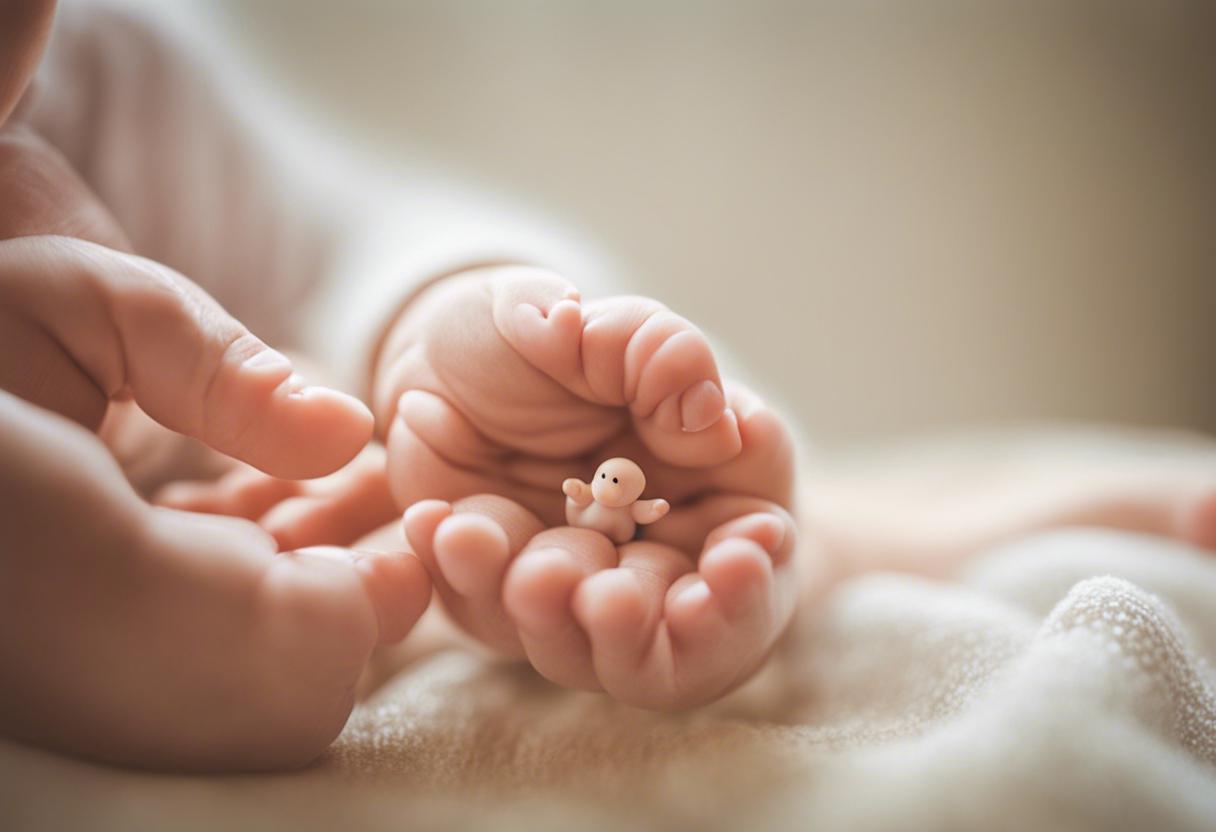The Irish Oireachtas has approved a significant legislation to manage both domestic and international surrogacy and to authorize fertility clinics and treatment. It is now due for assessment by the President. The groundbreaking Assisted Human Reproduction Bill has been in the pipeline for almost two decades and marks an important step for Ireland, which remains one of only two EU member states without a regulatory structure in place.
The Bill, approved by the Dáil last month and the Seanad on Wednesday, paves the way for the establishment of the Assisted Human Reproduction Regulatory Authority. This body will supervise fertility clinics and ensure the enforcement of legislative measures related to gamete and embryo storage, research, and testing.
The authority will also manage the National Donor Conceived Person Register and the National Surrogacy Register, and offer children born via assisted human reproduction access to their birth information, both locally and globally. The legislation includes provision to regulate domestic and international surrogacy, ensuring at least one parent has a genetic connection to the child.
Health Minister Stephen Donnelly stated that the Bill expands on the newly implemented fertility services and the state-funded IVF model. He assured that the legislation will aid in facilitating donor-assisted IVF, including for same-sex female couples, which he has pledged to financially support.
There will also be supplemental legislation introduced to address other complicated issues that would have hindered the Bill’s progression.
Fine Gael Senator and mother through surrogacy, Mary Seery Kearney, expressed her support for the legislation, highlighting that it will provide much-needed certainty for families awaiting legal acknowledgement of their parental rights. She mentioned that it’s almost 19 years since the Commission on Assisted Human Reproduction initially proposed establishing a regulatory authority and legislation for surrogacy.
She warned that many children born via surrogacy in the interim have been in an uncertain position where only the biological fathers are recognized as parents under Irish law, leaving mothers, or in the case of same-sex male couples, secondary fathers with no status beyond guardianship. As a result, upon reaching 18 years of age, these children may legally become strangers to their parents.
Ireland has become the pioneering nation to codify the Verona Principles, a set of globally acknowledged guidelines, established by a United Nations accredited entity, International Social Services. This ensures that ethical surrogacy is carried out in the best interest of any child or children born out of it. The legislation, crucially, permits parents of children already borne through surrogacy to present an application to the High Court in order to secure life-long legal parenthood.
Once the legislation was passed, it was met with celebratory scenes outside the Leinster House involving members of the Irish Senate, the minister, children, advocates, and the Irish Families Through Surrogacy support group.
However, the introduction of this law sparked intense discussions in the Seanad. One critic, Independent Senator Rónán Mullen, voiced his opposition to surrogacy; specifically international surrogacy. Mullen criticised what he felt to be the erosion of the recognition of the role and position of mothers in society.
The legislation allows for a single male, aged 21 years or above to participate as an intended parent and enter an agreement of surrogacy with a woman, locally or internationally.
Mullen suggested that this legislation surfaces potential for the exploitation of women who financially struggle; especially those from poorer countries, by well-off men and women desiring a child to their preference.

